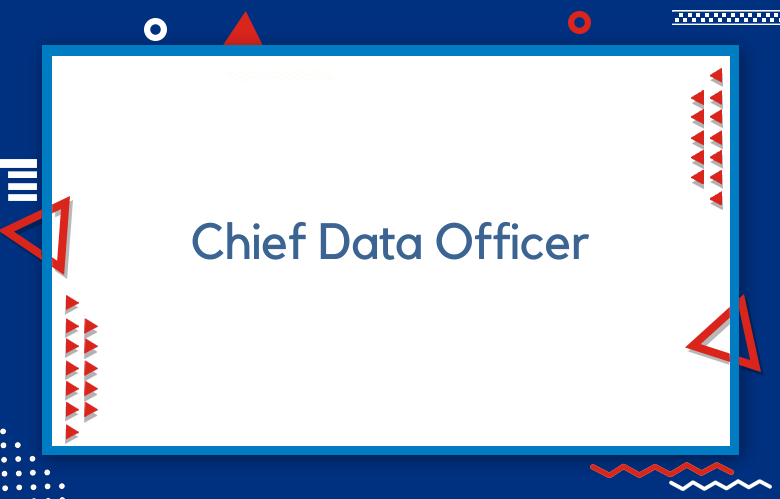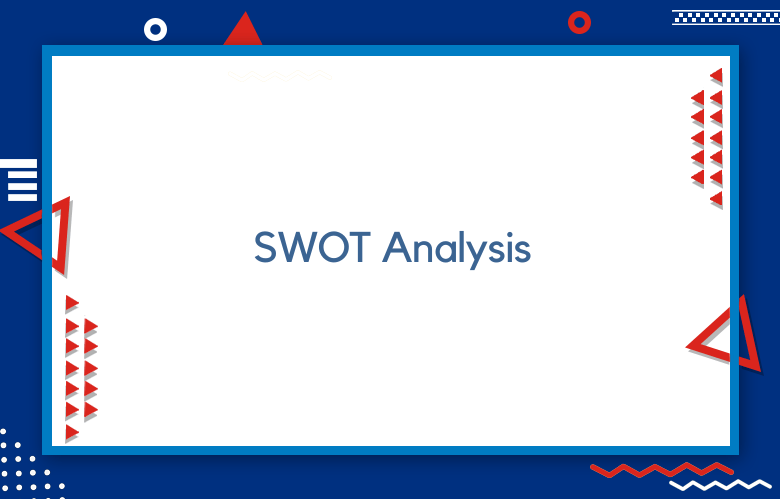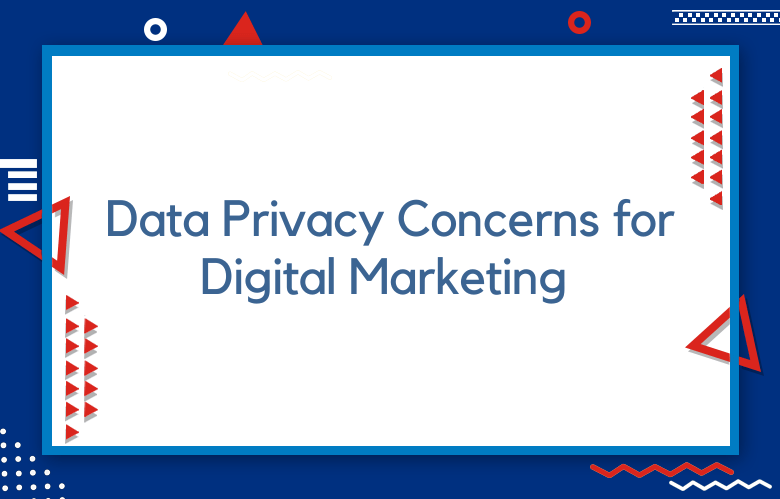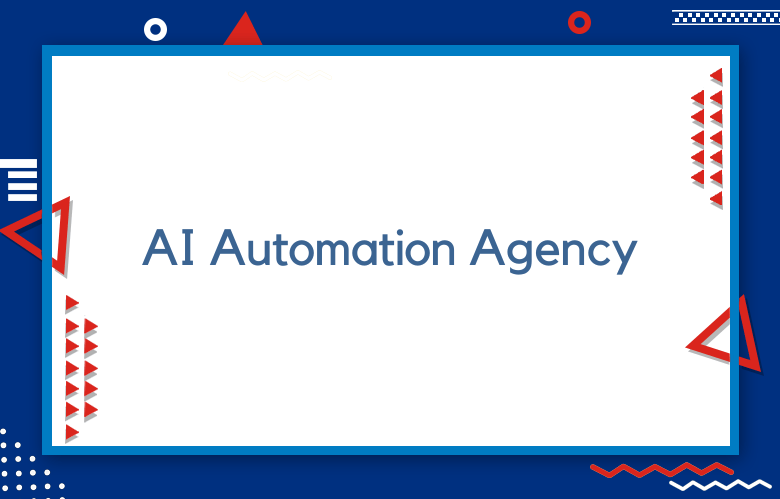Chief Data Officer (CDO) Role and Responsibilities

As organizations increasingly rely on data to drive decision-making and business strategy, the Chief Data Officer (CDO) role has become increasingly important. The CDO is responsible for leading the organization’s data strategy, ensuring that data is managed effectively and used to drive business value.
Chief Data Officer (CDO) Role and Responsibilities
The Chief Data Officer (CDO) is a relatively new role in the corporate world that has emerged in response to the growing importance of data in driving business strategy and decision-making.
As organizations collect and analyze increasing amounts of data, the need for a strategic leader to manage and leverage this data has become crucial. In this article, we will explore the roles and responsibilities of a CDO and the value they bring to an organization.
Role of the CDO
The CDO is responsible for developing and executing the organization’s data strategy, ensuring that data is managed effectively and used to drive business value. The CDO works closely with other senior executives, including the Chief Executive Officer (CEO), Chief Information Officer (CIO), and Chief Technology Officer (CTO), to develop and implement a data strategy that supports the organization’s overall business objectives. This includes identifying and prioritizing data-driven opportunities for business growth and innovation, managing and safeguarding the organization’s data assets, and building and managing a team of data professionals to support the organization’s data initiatives.
The Importance of the CDO
The CDO is critical in ensuring that data is managed effectively and used to drive business value. In today’s data-driven business environment, effective data management is essential to success, and the CDO is responsible for leading this effort.
The Future of the CDO
As organizations continue to rely on data to drive decision-making and business strategy, the role of the CDO will become even more critical. The CDO will lead the organization’s data strategy, ensuring that data is managed effectively and used to drive business value.
The CDO will also be critical in identifying opportunities to leverage data to drive innovation and competitive advantage and manage relationships with external data providers, vendors, and partners.
Shaping the Future: Understanding the Role of a Chief Data Officer (CDO)
The Chief Data Officer (CDO) is a relatively new role in the business world, emerging in response to the growing importance of data in driving strategic decision-making and competitive advantage. As organizations collect and analyze increasing amounts of data, the need for a strategic leader to manage and leverage this data has become crucial. In this article, we will explore the roles and responsibilities of a CDO and the value they bring to an organization.
Responsibilities of a CDO
The responsibilities of a CDO include:
- It is developing and implementing a data strategy that supports the organization’s business objectives.
- We are identifying and prioritizing data-driven opportunities for business growth and innovation.
- We ensure compliance with data privacy and security regulations, protecting the organization’s data assets.
- We build and manage a team of data scientists, analysts, and engineers to support the organization’s data initiatives.
- It develops and executes a comprehensive data strategy supporting the organization’s business objectives.
- I led and managed the data team, overseeing all data management and analysis activities.
- We are collaborating with other senior executives to ensure the data strategy aligns with overall business objectives.
- They are developing and implementing data governance policies and procedures to ensure data is managed effectively and securely.
- She oversees data collection, storage, and analysis to drive business insights and decision-making.
- We are identifying opportunities to leverage data to drive innovation and competitive advantage.
- We are managing relationships with external data providers, vendors, and partners.
- We are ensuring compliance with data privacy and security regulations.
- I drive data-driven decision-making across the organization, leveraging data to inform strategic planning and operational decision-making.
- Communicating the value of data to stakeholders and building support for data-driven initiatives.
- They oversee the implementation of data-driven initiatives and monitor their impact on business performance.
Value of a CDO
A CDO brings value to an organization by:
- Providing strategic leadership for data-driven initiatives, ensuring they are aligned with business objectives.
- We are identifying and prioritizing data-driven opportunities for business growth and innovation.
- We ensure compliance with data privacy and security regulations, protecting the organization’s data assets.
- We are building and managing a team of data professionals to support the organization’s data initiatives.
- I drive data-driven decision-making across the organization, leveraging data to inform strategic planning and operational decision-making.
- Communicating the value of data to stakeholders and building support for data-driven initiatives.
- They oversee the implementation of data-driven initiatives and monitor their impact on business performance.
The Future of the CDO
As organizations continue to rely on data to drive strategic decision-making and competitive advantage, the role of the CDO is expected to become even more important. CDOs will play a critical role in shaping the future of their organizations, leveraging data to drive innovation and growth.
Data-Driven Decision-Making: The Essential Role of a Chief Data Officer
Organizations rely on data to drive decision-making and inform strategic planning in today’s data-driven business landscape. As such, the Chief Data Officer (CDO) role has become increasingly important. A CDO is a strategic leader responsible for managing and leveraging the organization’s data assets. In this article, we will explore the essential role of a CDO in driving data-driven decision-making.
Data-Driven Decision-Making
A CDO plays a crucial role in driving data-driven decision-making by:
- Providing strategic leadership for data-driven initiatives, ensuring they are aligned with business objectives.
- We are identifying and prioritizing data-driven opportunities for business growth and innovation.
- We ensure compliance with data privacy and security regulations, protecting the organization’s data assets.
- We are building and managing a team of data professionals to support the organization’s data initiatives.
- I drive data-driven decision-making across the organization, leveraging data to inform strategic planning and operational decision-making.
- Communicating the value of data to stakeholders and building support for data-driven initiatives.
- They oversee the implementation of data-driven initiatives and monitor their impact on business performance.
The Value of Data-Driven Decision-Making
Data-driven decision-making brings numerous benefits to an organization, including:
Improved decision-making
By leveraging data, organizations can make more informed decisions, reducing the risk of making decisions based on incomplete or inaccurate information.
Increased efficiency
Data-driven decision-making can help organizations optimize their operations, reducing waste and increasing efficiency.
Enhanced customer insights
Analyzing customer data can help organizations gain insights into customer behavior and preferences, enabling them to tailor their products and services to meet customer needs.
Competitive advantage
Organizations that effectively leverage data to drive decision-making can gain a competitive advantage over their rivals.
From Data to Insights: How a CDO Drives Business Success
The Chief Data Officer (CDO) plays a vital role in an organization, driving data-driven decision-making and ensuring that data is leveraged to drive business success.
In today’s data-driven business landscape, organizations that effectively harness the power of data have a significant competitive advantage over their rivals. The CDO is responsible for developing and implementing a data strategy that supports the organization’s business objectives and drives data-driven decision-making.
Unleashing the Power of Data: The Responsibilities of a Chief Data Officer
Organizations increasingly rely on data to drive business success in today’s data-driven business landscape. As such, the Chief Data Officer (CDO) role has become increasingly important, with CDOs playing a critical role in harnessing the power of data. This article will explore how a CDO drives business success by turning data into insights and actionable strategies.
Turning Data into Insights
One of the primary responsibilities of a CDO is to turn data into insights that can inform strategic decision-making. This involves collecting, storing, and analyzing large amounts of data to identify trends, patterns, and opportunities that can be leveraged to drive business success.
Conclusion
The CDO plays a critical role in today’s data-driven business environment, leading the organization’s data strategy and ensuring that data is managed effectively and used to drive business value. As organizations increasingly rely on data to drive decision-making and business strategy, the importance of the CDO will only continue to grow.
The role of the CDO is increasingly vital as organizations rely more heavily on data to drive business strategy and decision-making.



